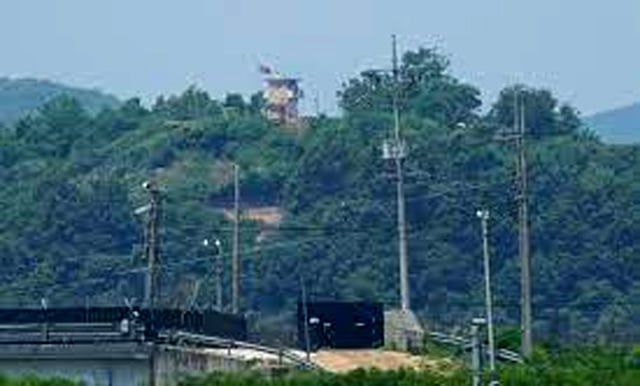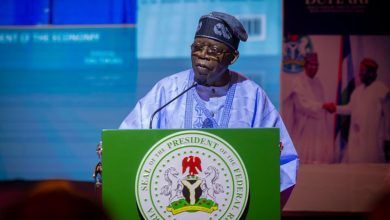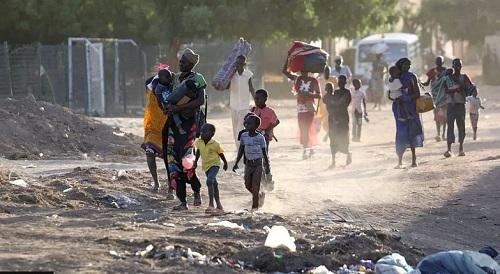North Korea Says Constitution Now Defines South as ‘Hostile’ State

North Korea’s constitution now defines the South as a “hostile state”, according to state media, in the first mention of what Pyongyang’s recent constitutional revisions entailed.
State newspaper Rodong Sinmun reported the change as an “inevitable and legitimate measure”, at a time when tensions between the Koreas are at their highest point in years.
The North on Tuesday blew up roads and railways connecting it to South Korea – a move which state media described as “part of the step-by-step implementation to thoroughly separate [the Koreas]”.
Some observers see the constitutional amendment as a largely symbolic move, given North Korean leader Kim Jong Un renounced unification as early as December 2023.
At the time, state media reported Kim saying that inter-Korean relations had become “a relationship between two hostile countries and two belligerents at war”.
Then, in January, he declared unification with South Korea as impossible and hinted at constitutional changes to designate the South as the “principal enemy”.
A string of exchanges between the Koreas since then, particularly in the last few months, has seen tensions steadily rise.
The term “hostile states” has characterised North Korean communications for almost a year now, said Bruce Bennett, a defence analyst at Rand Corporation.
“It was a significant development when announced at the end of 2023, as it raised the risks of confrontation and the potential for an escalation spiral,” Mr Bennett told the BBC.
“Since then, Kim and his sister have made a number of nuclear weapon threats against [South Korea] and United States and have escalated tensions with many actions. So the risks have grown.”
Many onlookers had expected Pyongyang to make constitutional amendments to unification and border policies at a Supreme People’s Assembly (SPA) meeting last week – but no such changes were publicised until now.
Still, analysts are sceptical about the prospect of a full-blown war.
“I doubt that the situation would escalate to the level of war,” said Professor Kang Dong-wan, who teaches political science and diplomacy at Dong-a University in Busan. “North Korea is exploiting military confrontation to strengthen internal cohesion.”
Professor Kim Dong-yup from the University of North Korean Studies in Seoul meanwhile questioned Pyongyang’s ability to initiate a full-scale war.
“The regime is well aware of the severe consequences such a conflict would bring,” he said.





